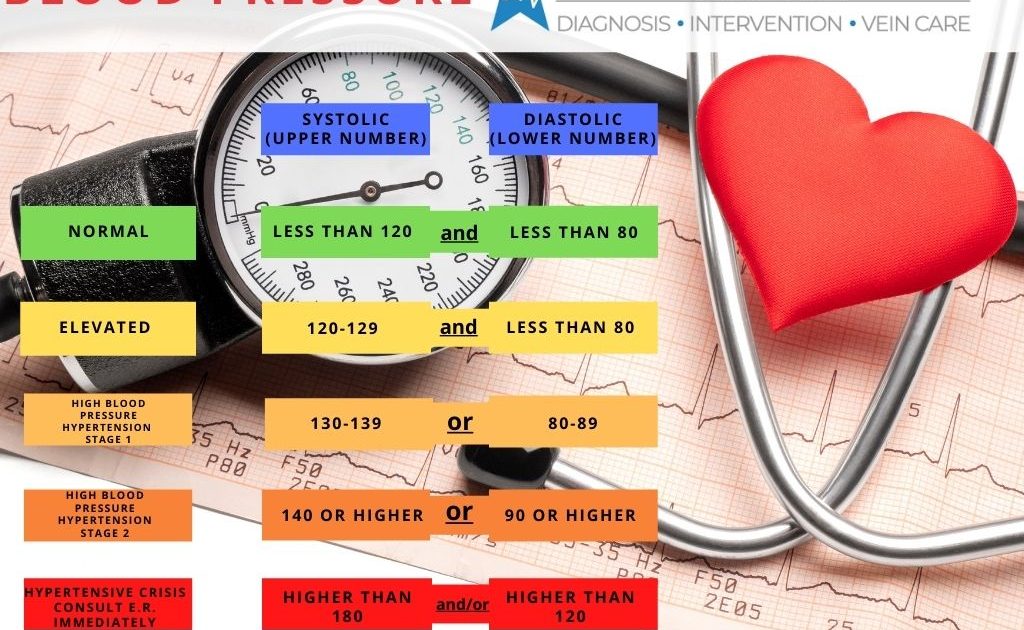Lets talk about Blood Pressure!
What is it? What is Normal? What is abnormal? What can you do about it?
We’ve all heard about watching and maintaining a good blood pressure, but do we really know all the facts?
Normal
Blood pressure numbers of less than 120/80 mm Hg are considered within the normal range. If your results fall into this frame, you’ve got a pretty good blood pressure. Keep up the good work – proper medication dosage (if you’re on it), healthy eating and exercise.
Elevated
Elevated blood pressure is when readings consistently range from 120-129 systolic and less than 80 mm Hg diastolic. People with elevated blood pressure will likely develop high blood pressure if they do not take steps or make efforts to control the condition.
Hypertension Stage 1
Hypertension Stage 1 is when blood pressure consistently ranges from 130-139 systolic or 80-89 mm Hg diastolic. At this stage of high blood pressure, you will likely be prescribed lifestyle changes and maybe medication based on your risk of atherosclerotic cardiovascular disease (ASCVD), such as heart attack or stroke.
Hypertension Stage 2
Hypertension Stage 2 is when blood pressure consistently ranges at 140/90 mm Hg or higher. At this stage of high blood pressure, doctors are very likely to prescribe a combination of blood pressure medications and dietary and lifestyle changes.
Hypertensive Crisis
This stage of high blood pressure requires immediate medical attention. If your blood pressure readings suddenly exceed 180/120 mm Hg, wait five minutes and then test your blood pressure again. If your readings are still unusually high, see your local E.R. immediately. You could be experiencing a Hypertensive Crisis.
If your blood pressure is higher than 180/120 mm Hg and you are experiencing signs of possible organ damage such as chest pain, change in your vision, back pain, shortness of breath, numbness/weakness, or difficulty speaking, do not wait to see if your pressure comes down on its own. Call 911!
If you have any questions or concerns about your blood pressure(or anyone’s!) please don’t hesitate to give us a call, we can get you in for a consultation asap.
visit http://tcahouston.com/ or call 281-358-1950

